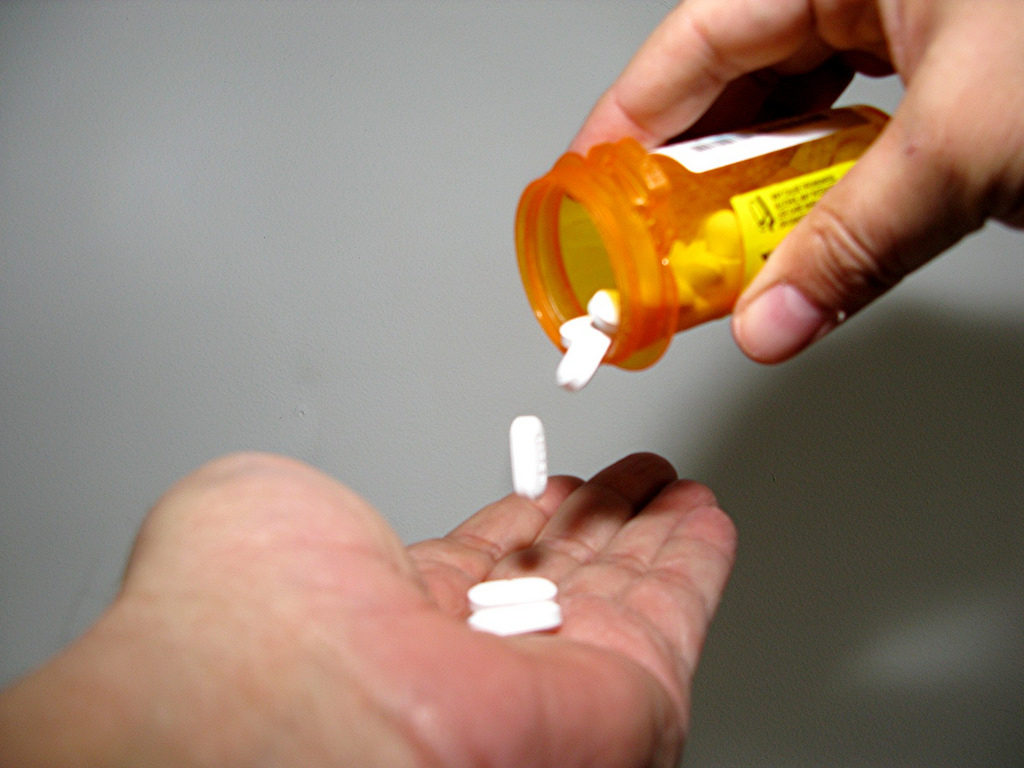
Tennessee health officials are writing new rules that would give people a way to donate unused drugs to charity. The legislature passed a bill earlier this year modeled after a statute in Iowa.
The proposal came from
Rep. Cameron Sexton, R-Crossville, whose wife is a pharmacist. The legislation sailed through with most seeing it as a no-brainer.
More:
Read the bill here and watch the committee hearings
Phillip Baker runs
Good Shepherd Pharmacy in Memphis, which is one of the only nonprofit drug counters that has expressed interest in using the new law. And he says people come to him with cabinets full of perfectly good medicine.
“It was probably a weekly occurrence,” he says. “Somebody would call and say, ‘my grandfather died and I have all this unopened medicine.’ And in the state of Tennessee, I was having to tell them, ‘I’m sorry, I can’t accept donations. You’re just going to have to throw that stuff away.'”
Baker says it was particularly difficult when someone was offering expensive anti-nausea drugs for chemotherapy patients that could go to someone who can’t afford them. So he helped write legislation that will allow someone — or even an institution, like a nursing home — to give old drugs to charity.
Previously, state law has required nursing homes to destroy old drugs on site. Some states have estimated that millions of dollar worth of medication go down the drain this way each year.
More:
Read a recent ProPublica investigation on drug waste
Donations should be able to start at the first of the year. The legislation requires patients to meet some income requirements and an annual report to monitor how many prescriptions are reused statewide.
However, there will be limitations. Pharmacies can only charge a small fee for the drugs. And lawmakers decided to sidestep the complicated issue of handling addictive opioids by banning any controlled substances from the program.
“In order to do that, you’d bring on so much regulation,” Baker says. “There’s too much trouble around narcotics, and generally they’re not that expensive.”


